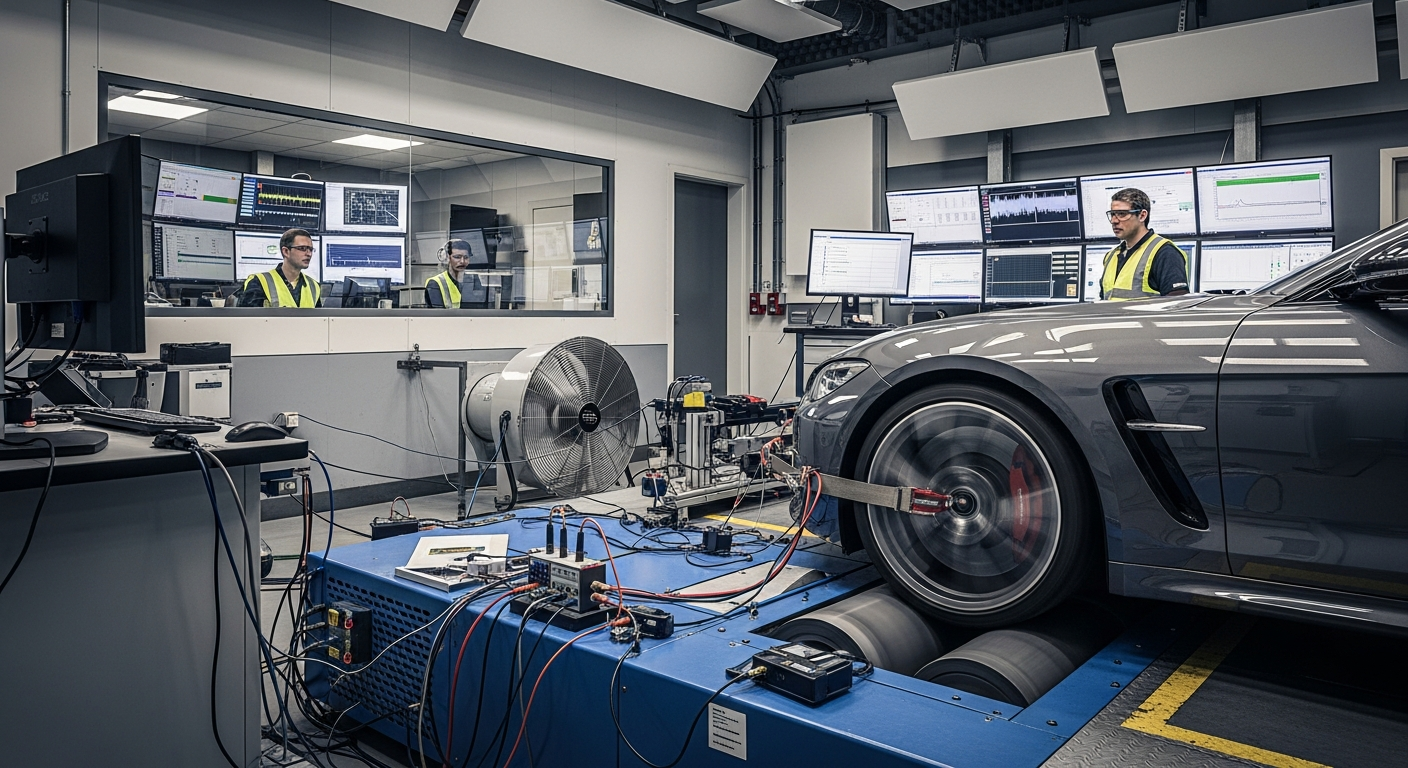The Hidden Power of Intergenerational Mentorship in Career Growth
Intergenerational mentorship is revolutionizing career development, bridging age gaps to foster innovation and growth. This unique approach combines the wisdom of experienced professionals with the fresh perspectives of younger workers, creating a symbiotic relationship that benefits both parties and organizations as a whole. Discover how this powerful tool is reshaping workplace dynamics and propelling careers forward in unexpected ways.

This new approach acknowledges that each generation brings unique strengths to the table. Baby Boomers and Gen X offer invaluable industry experience and leadership skills, while Millennials and Gen Z contribute digital literacy and innovative problem-solving approaches. By fostering connections across age groups, organizations can create a more dynamic and adaptable workforce.
Breaking Down Generational Stereotypes
One of the most significant benefits of intergenerational mentorship is its ability to dismantle stereotypes and biases associated with different age groups. Through regular interaction and collaboration, participants gain a deeper understanding of each other’s perspectives, challenges, and strengths.
For example, younger workers often discover that their older colleagues possess a wealth of practical knowledge and strategic thinking skills that can’t be learned from textbooks or online courses. Conversely, seasoned professionals may be surprised by the creativity and technological prowess of their younger counterparts, challenging preconceived notions about work ethic or dedication.
This mutual understanding fosters a more inclusive workplace culture, reducing age-related tensions and promoting a sense of unity across generational lines. As a result, teams become more cohesive and productive, driving overall organizational success.
Accelerating Skill Development
Intergenerational mentorship accelerates skill development for all participants by creating a diverse learning environment. Younger professionals gain access to years of accumulated wisdom, industry insights, and leadership skills that can fast-track their career progression. They learn to navigate office politics, build professional networks, and develop the soft skills crucial for advancement.
On the other hand, older workers have the opportunity to stay current with emerging technologies, social media trends, and evolving consumer behaviors. This knowledge exchange helps them remain relevant in a rapidly changing job market and can even inspire new career directions or entrepreneurial ventures.
The bilateral nature of this mentorship model ensures that learning is continuous and multifaceted, creating a workforce that is both experienced and adaptable. This synergy of skills is particularly valuable in industries undergoing digital transformation or facing disruptive innovation.
Enhancing Organizational Knowledge Transfer
As baby boomers retire in increasing numbers, organizations face the challenge of preserving institutional knowledge. Intergenerational mentorship provides a structured approach to knowledge transfer, ensuring that critical skills and information are passed down to the next generation of leaders.
This process goes beyond simple skill transmission. It includes sharing unwritten rules, company culture nuances, and industry-specific insights that are often lost when experienced employees depart. By pairing younger workers with seasoned professionals, companies can preserve their competitive edge and maintain continuity in operations and strategy.
Moreover, this knowledge transfer is not a one-way street. Younger employees often bring fresh perspectives on market trends, consumer preferences, and technological solutions. When shared with more experienced colleagues, these insights can drive innovation and help companies stay ahead of the curve.
Fostering Innovation Through Diverse Perspectives
Innovation thrives on diversity, and intergenerational mentorship provides a fertile ground for creative problem-solving. By bringing together individuals with different life experiences, technical skills, and approaches to work, this mentorship model creates a melting pot of ideas.
Younger workers, unencumbered by the we’ve always done it this way mentality, often propose novel solutions to long-standing problems. Their willingness to challenge the status quo, combined with the practical experience of older colleagues, can lead to breakthrough innovations that propel the organization forward.
This collaborative environment also encourages risk-taking and experimentation. Older mentors can provide the security and guidance needed for younger employees to pursue bold ideas, while also tempering enthusiasm with pragmatism when necessary.
Implementing Successful Intergenerational Mentorship Programs
To harness the full potential of intergenerational mentorship, organizations must approach implementation thoughtfully. Success requires more than simply pairing employees of different ages; it demands a culture shift that values diverse perspectives and promotes open communication.
Start by creating a formal program structure that outlines goals, expectations, and metrics for success. Provide training for both mentors and mentees to ensure they understand the program’s objectives and how to navigate potential generational differences effectively.
Encourage reciprocal mentorship arrangements where both parties take turns as mentor and mentee, depending on the topic or skill being discussed. This approach reinforces the idea that everyone has something valuable to contribute, regardless of age or experience level.
Regularly assess the program’s effectiveness through surveys, feedback sessions, and measurable outcomes such as skill acquisition, project success rates, and employee satisfaction. Be prepared to adjust the program based on these insights to ensure its continued relevance and impact.
Intergenerational mentorship represents a powerful tool for career development and organizational growth. By bridging generational gaps, fostering mutual understanding, and facilitating knowledge exchange, this approach creates a more dynamic, innovative, and resilient workforce. As the job market continues to evolve, embracing intergenerational mentorship may well be the key to staying competitive and nurturing the next generation of leaders.






